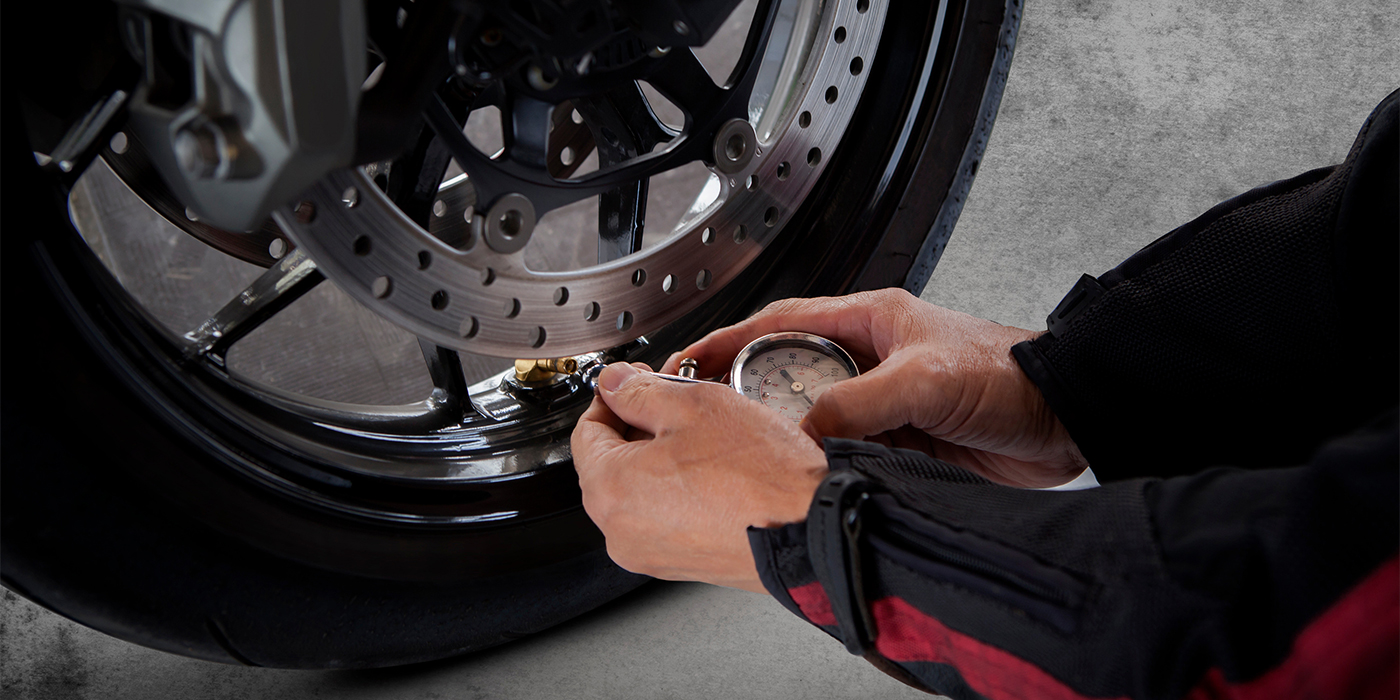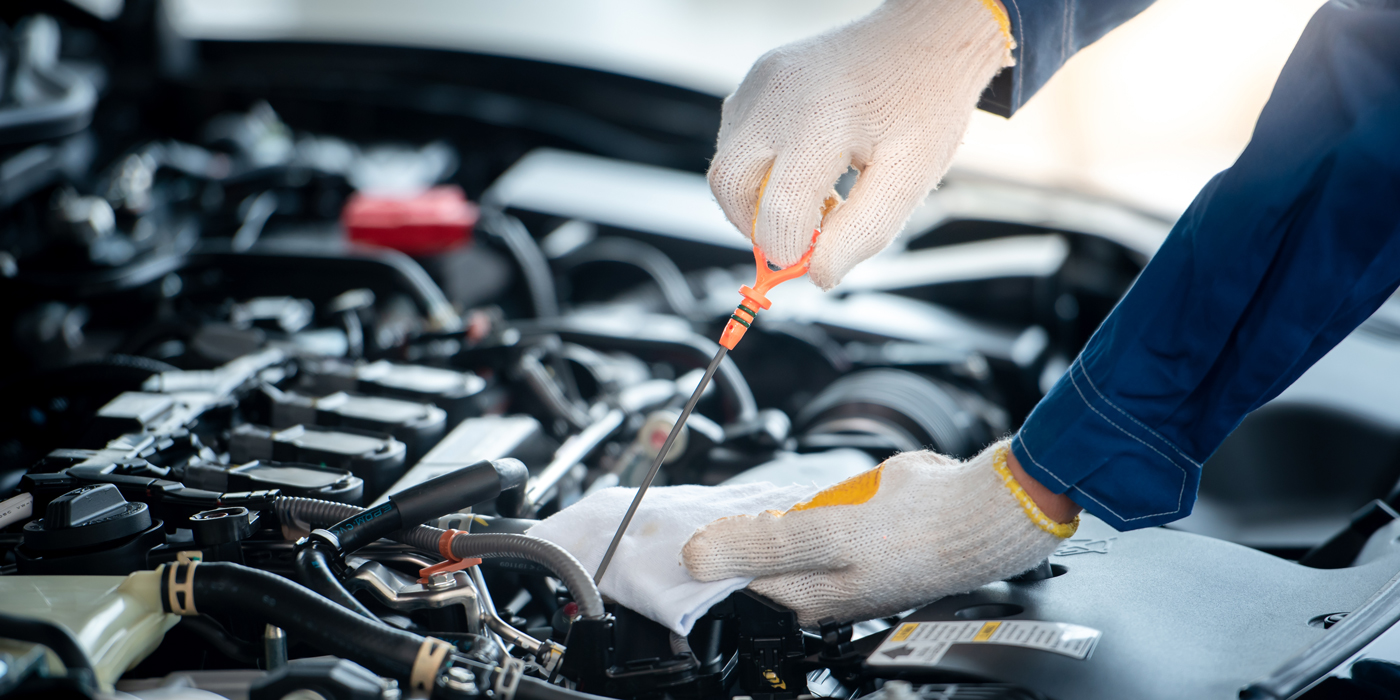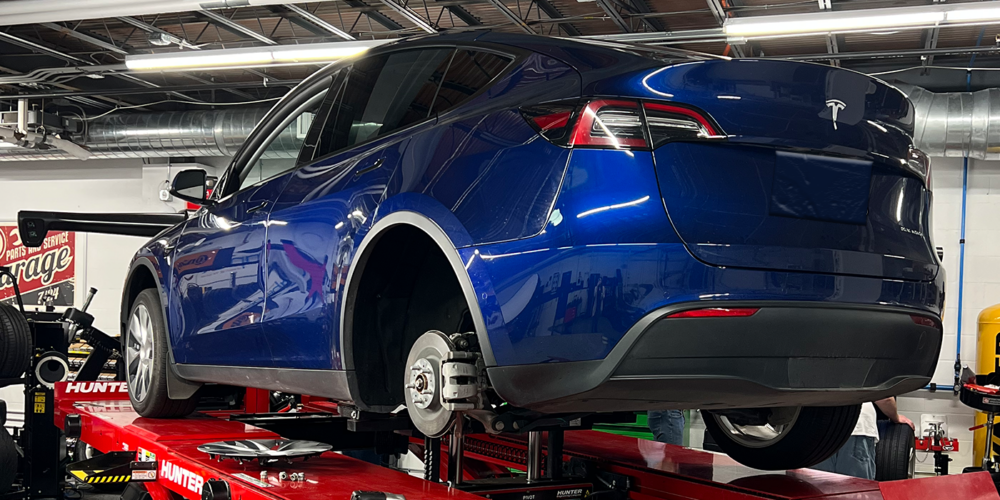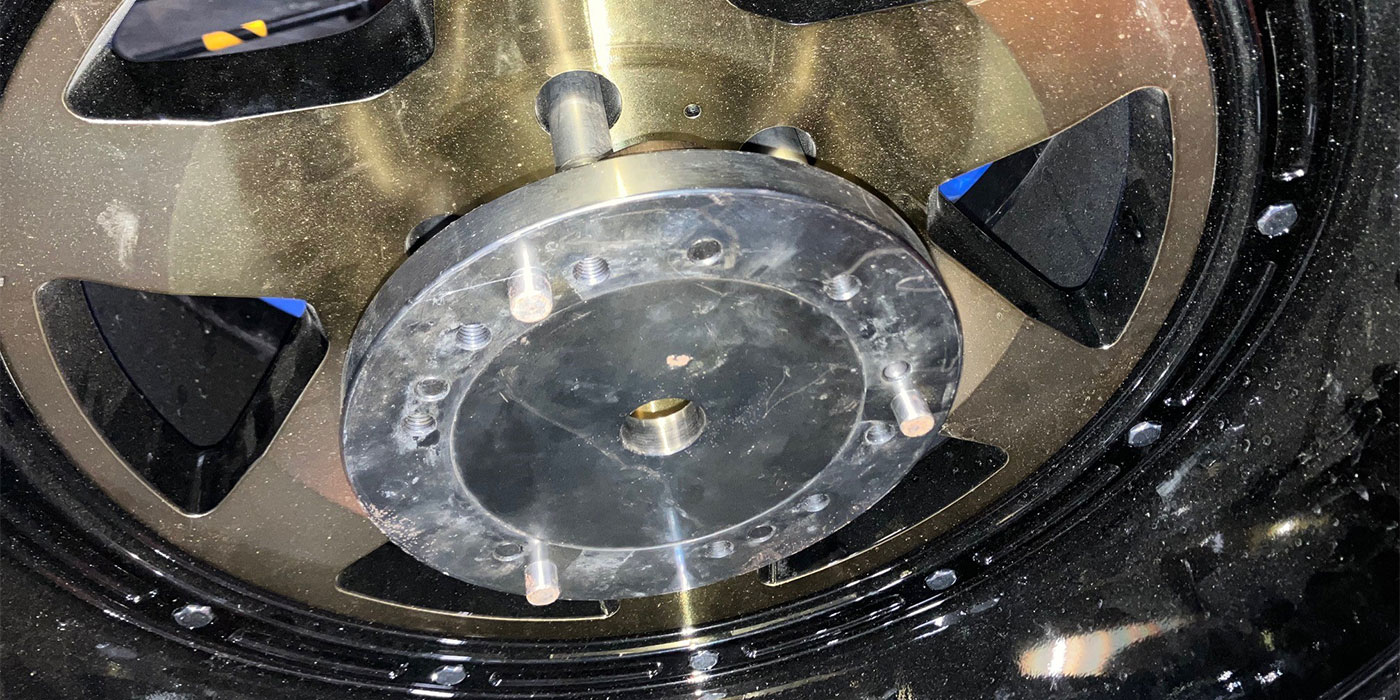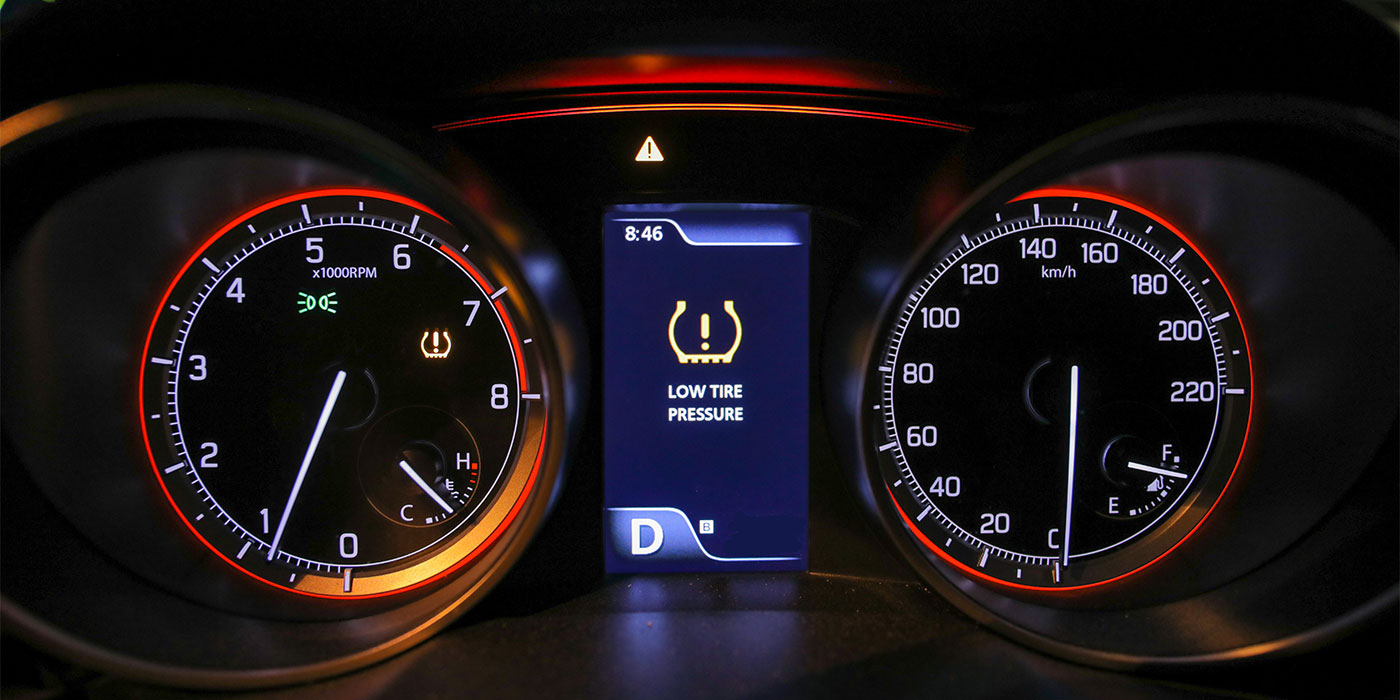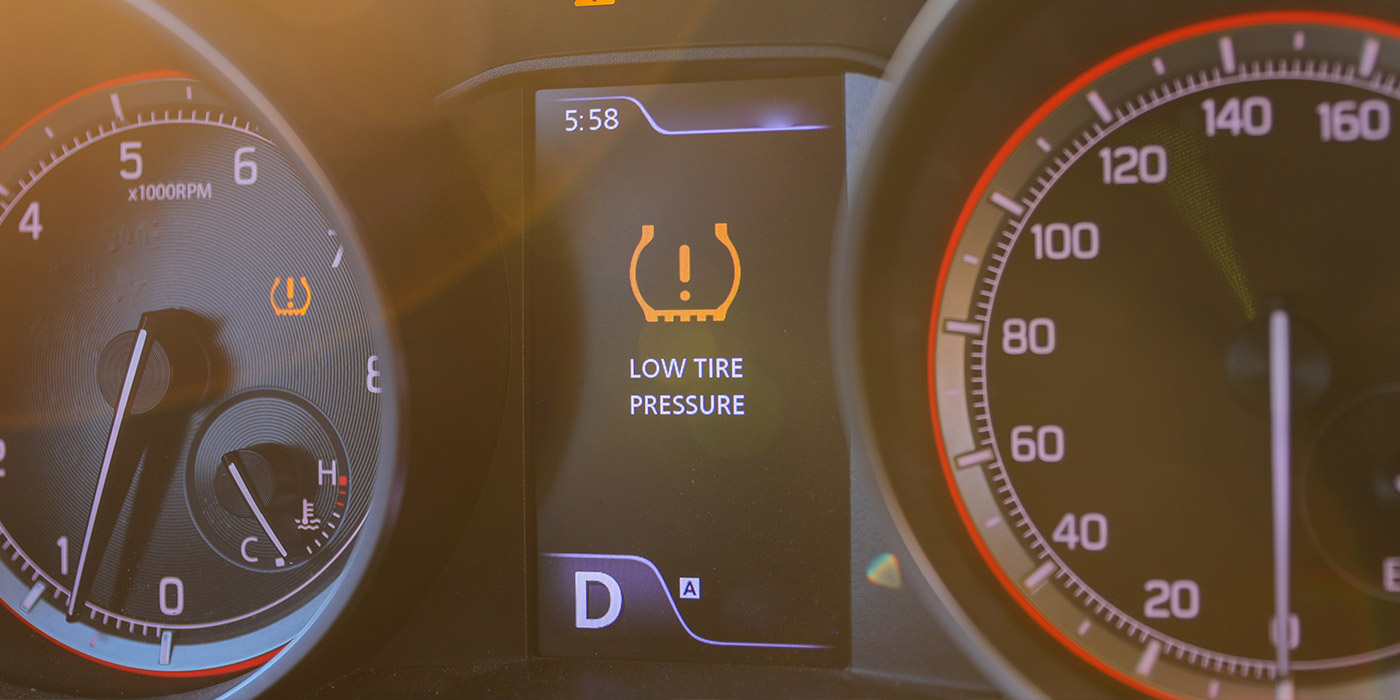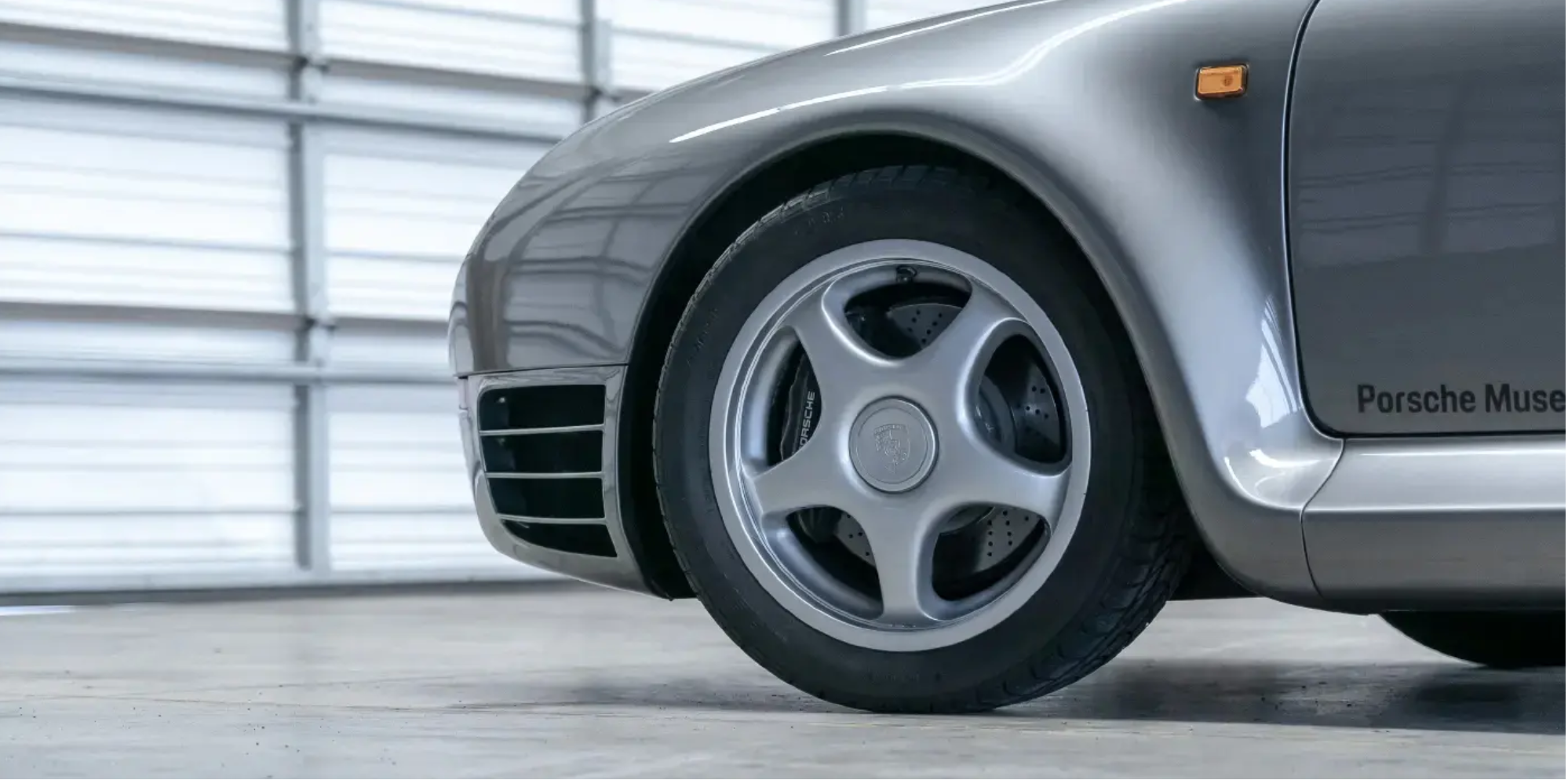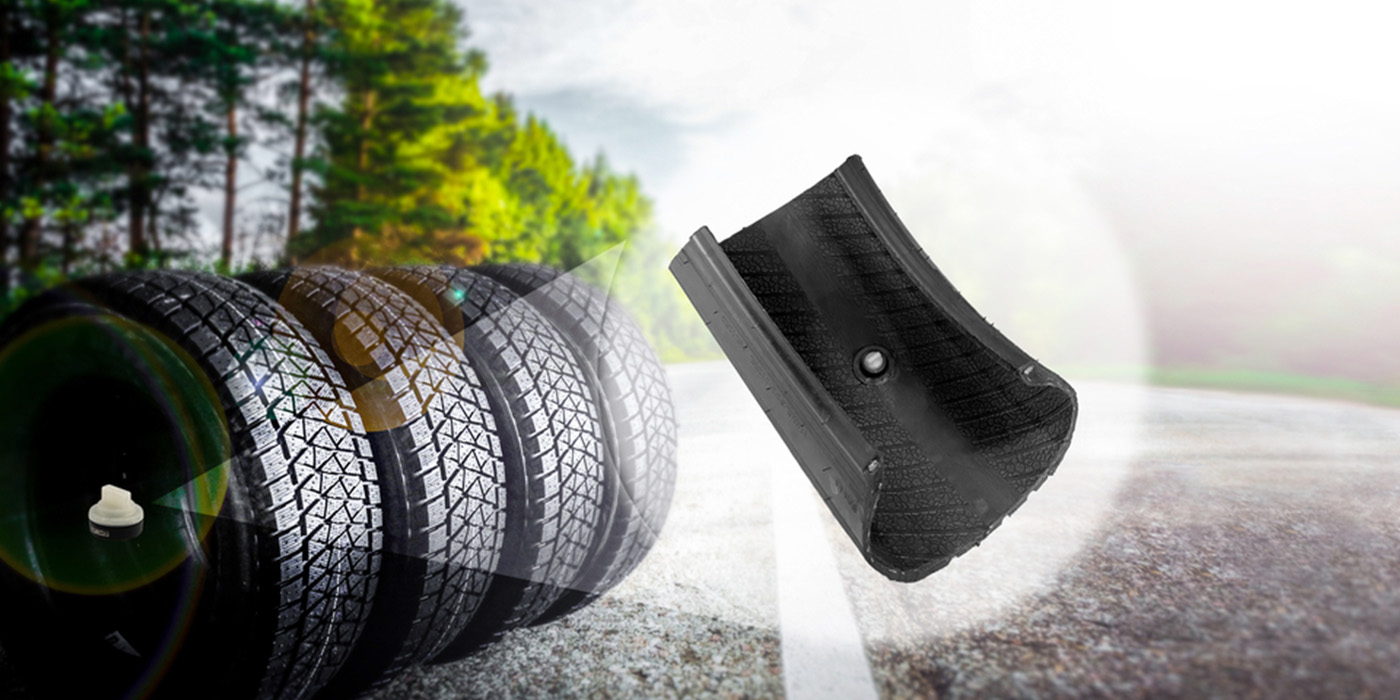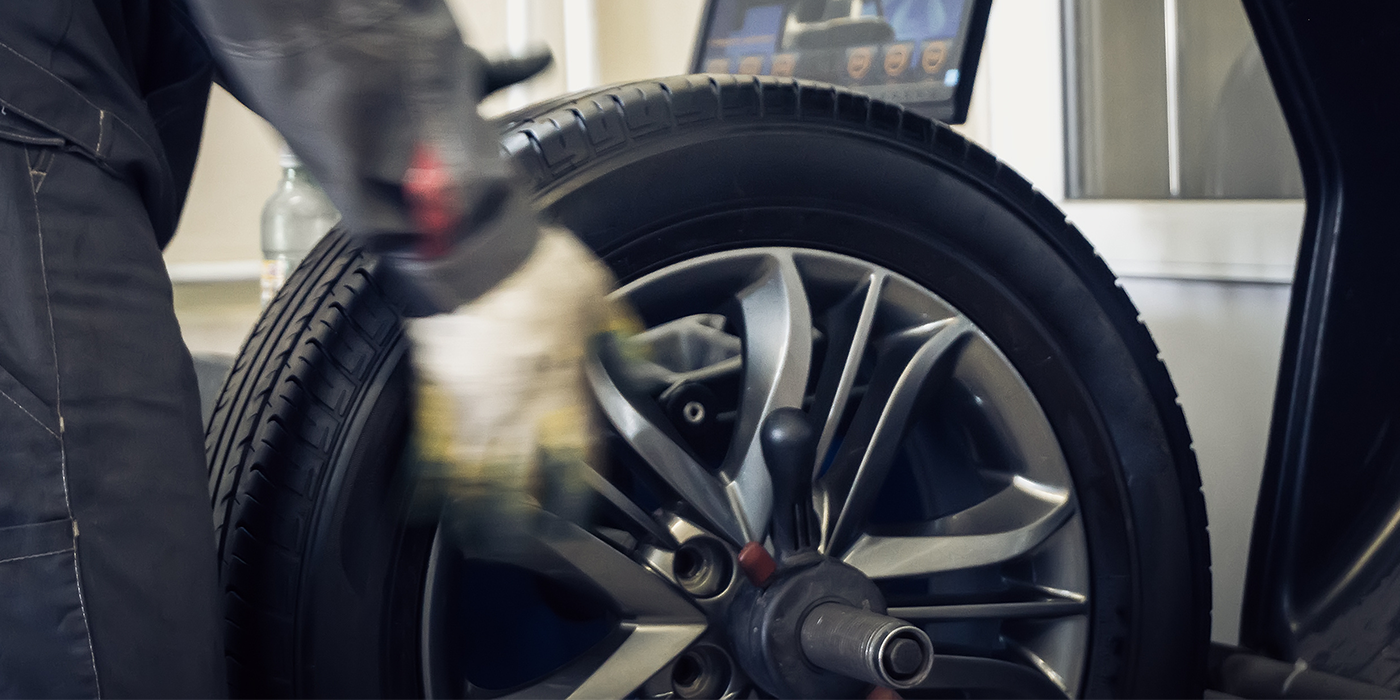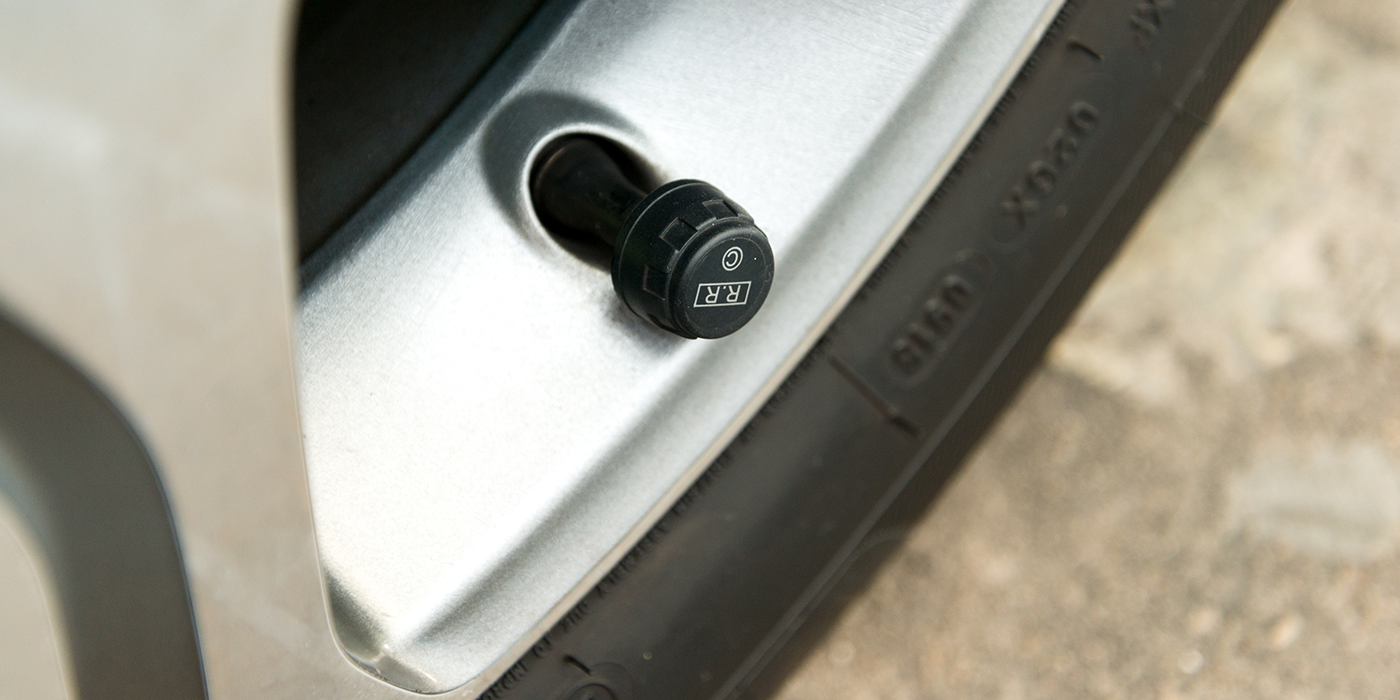While we address some of the design technologies to the internal combustion engine as a means to improve fuel efficiency, one major factor geared toward improving engine fuel efficiency and reducing emissions is achieved through advances in engine oil.
Currently, the International Lubricants Standardization and Approval Committee (ILSAC) is finalizing the latest next-generation of motor oil specifications that will hit the market later this year.
Called GF-5, this oil specification is designed to improve the function and performance of new engine and emission designs and ensure compliance with recent government regulations.
In September 2009, the U.S. EPA and the Department of Transportation jointly proposed a rule to increase fuel economy and reduce greenhouse gas emissions. The program covers model years 2012 through 2016, and would require increases in fuel economy by approximately 5% each year. It also forces 2016 vehicles to meet an estimated combined average emission level of 250 grams of carbon dioxide per mile.
In order to meet this objective, the American Petroleum Institute said stricter oil guidelines would need to be developed for the automakers.
According to Mark Ferner of Quaker State and Bob Sutherland of Pennzoil Lubricants, manufacturers of GF-5 oils must be licensed by Oct. 1, 2011.
However, since many oil manufacturers are developing product for the 2011 vehicles, “Service shops are likely to see GF-5 in the market later this year,” Ferner said.
They also explained that auto repair shops/lube shops would not need to carry both GF-4 oil and GF-5 oil in their bays. “The GF-5 is designed to be fully back serviceable, so only GF-5 will be needed as a replacement for GF-4 and previous oils,” Ferner said.
However, they recommended that shops keep in contact with their oil suppliers for this change. “Suppliers should notify lube shops and repair businesses of the coming change to allow them to run down their GF-4 oils, so that they can make the change to GF-5,” Sutherland said.
The pair cautioned that as the switchover takes effect, technicians and consumers need to pay attention to make sure they don’t use a GF-4 oil in a vehicle that requires GF-5 oil. “While there is a fair amount of information available to vehicle owners, such as (what can be) found in the owner’s manual, we suspect that very few take the time to learn about motor oil,” Sutherland said.
“Thus, technicians play a key role in making sure that vehicles are filled with the proper fluids.”
In a related matter, the pair also confirmed that General Motors is requiring its own “stricter” oil specification (Dexos 1) for its vehicles beginning with the 2011 model year.
So, it seems technicians servicing these vehicles will have another oil requirement to follow. Which is why Sutherland and Ferner stress to, “Always check the owner’s manual for the proper oil recommendation.”


